Curators’ Statement
#Jeanne, based on the text by Ivana Sajko and directed by Anja Suša, is a co-production of the Swedish theatres Riksteatern and Dramaten. It is a contemporary version of the fairy tale of Joan of Arc, which deals with the potential of resistance to social and systemic injustice. Through the story of a young girl, a rebel, who decides to cross the lake that separates two worlds, the authors dissect the problems of social inequality and class differences between those two worlds, as well as the issues of ecological disaster and climate change. Rebelling against social injustice, the young rebel Jean is violently stopped in her attempt to overcome the differences between two worlds, on the two sides of a lake, making that same lake the site of both the symbolic and actual death of the girl. In a visually striking performance, the performers use authentic acting tools to build this story, while the Adde Huumonen accompanies them creating a living soundscape on the stage.
About the Performance
On the north side of a lake there are large villas with private docks. On the south side is a high-rise building with a broken elevator. Young people in the north believe that young people from the south doesn't exist. Young people from the south think that young people in the north are made of gold.
Little Jeanne has learned that those who have little will have less, and those who have much will have more. In an attempt to get back the surplus that she believes belongs to the underprivileged, she tries to cross the frozen lake and get a share of the gold. She never comes back, but the story doesn't end there.
#Jeanne portrays a world on the brink of destruction. About our need for leaders who can carry our dreams, while at the same time putting all the responsibility on their shoulders. Who is really going to save us? Do we expect our children to do that?
The Authors
IVANA SAJKO is a Croatian writer, dramaturge and theatre director living in Berlin. She works in the overlapping fields of literature, performance art, theory and music. Her theatre texts have been translated into many languages, presented and performed worldwide, while some of them like Woman-bomb (Žena-bomba) gained international success. She published three collections of theatre texts, along with the theory book Towards Madness (and Revolution): the reading (Prema ludilu (i revoluciji): čitanje) in which she explains proximity of activism and art through the process of creativity. She wrote four novels, among which Love novel (Ljubavni roman) received Internationaler Literaturpreis of Haus der Kulturen der Welt in Berlin, while her debut novel Rio bar won the national prize for literature.
ANJA SUŠA is a multiple award-winning theater director active in Serbia, Croatia, Montenegro, Slovenia, Poland, Sweden and Denmark. She has also held the role of curator at Bitef and since 2019 she has been teaching as a professor of theater direction at Stockholm's University of the Arts. In Sweden alone, she has directed 12 performances and in the years 2002-2011 she was CEO and artistic director at the Little Theater “Duško Radović” in Belgrade. She has received many awards, mainly for her work in theater for children and young people. Among later theater productions, 5boys.com is noted at Backa Teater 2012, Pains of Youth, Backa Teater 2015, Our Class, Helsingborg City Theatre 2015, Hedda Gabler, Aarhus Theatre 2015, The Ridiculous Darkness, Helsingborg City Theatre and It’s only the end of the world at Uppsala City Theatre in 2016. Most recently, she directed Women as Lovers at Uppsala City Theatre, which was also selected for the Performing Arts Biennale in 2023.
From the Reviews
A theater is still a theater. Director Anja Suša is one of those who like creating stage worlds that follow their own rules, their own contexts, and accurate exaggerations. Don't be scared if giraffes wander through a skyscraper. Don't be startled when an armor-clad, French-speaking girl enters the scene as Joan of Arc, a 15th-century woman who set out to save her homeland.
Above all: don't be alarmed when she starts using words like "capitalism", "distribution", "economic justice". The play #Jeanne is not a revolutionary poster theatre, it is - I think - a sad echo, as if from some idealistic time. A unique review of the dictionary of terms that almost everyone has forgotten.
Lars Ring, Svenska Dagbladet
The Virgin of Orleans often had to play the role of antihero, a mindless tool of power that is burned at the stake when the wartime tables turn.
Wouldn't it be better if Jeanne stayed in her village?
Instead, the author Ivana Sajko tells a sad story about wounded idealism - but also about how the hopeless struggle of a lonely girl still does contribute to something. Ivana Sajko seems to be saying that true heroism exists only when defeat is already a fact. True courage lies in perseverance when all is hopeless. And this play paradoxically conveys both playfulness and faith in the future - it is a terrifying theatrical firework that takes your breath away, albeit with a dystopian undertone.
Ulrika Kärnborg, Expressen
Sometimes I even wonder if this is too "tough" for my clichéd image (think sour old man's voice here) of "today's youth" as mango-nicotine zoomers with TikTok-worn out frontal lobes. But fortunately, this is a completely unjustified fear. In the cloakroom, I pass two excited young audience members who are ecstatically discussing the "intensity" of the play. Youth theater may be an outdated expression, but the taste of the young audience lacks nothing!
Otto Ekman, Hufvudstadsbladet
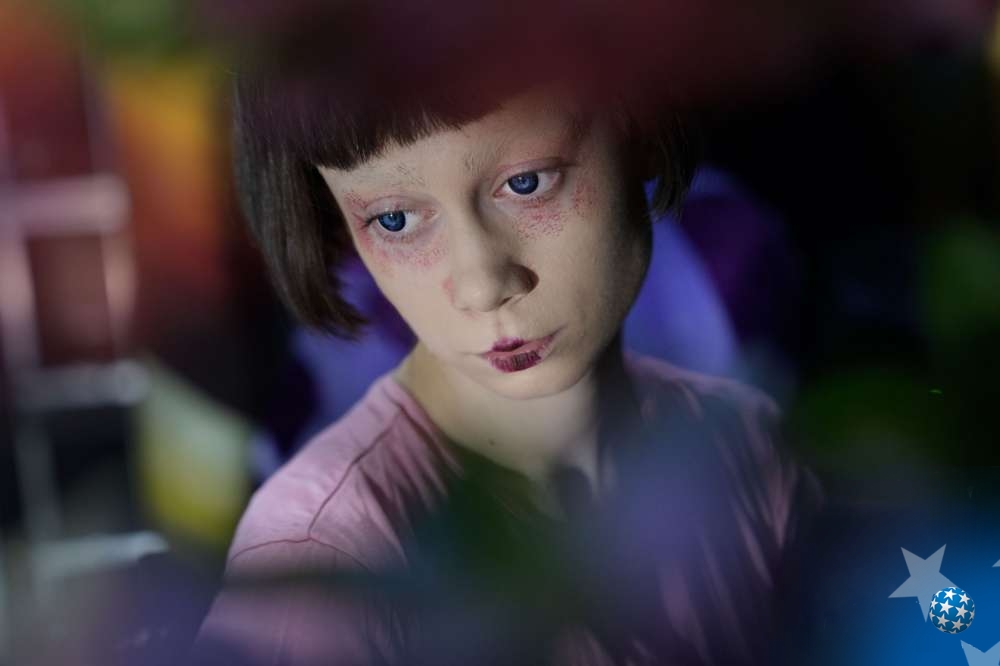
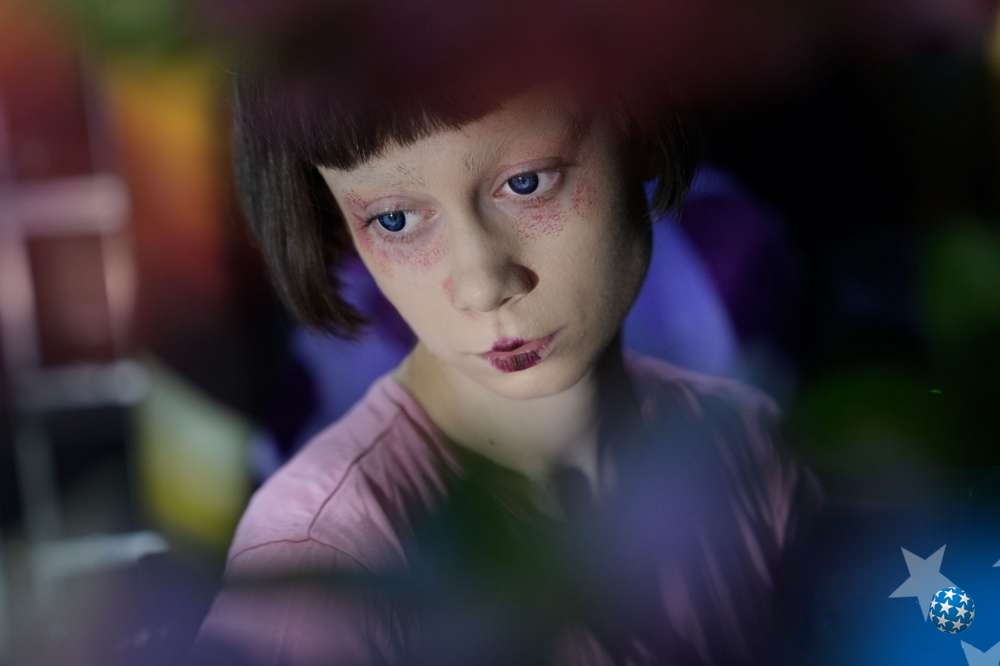
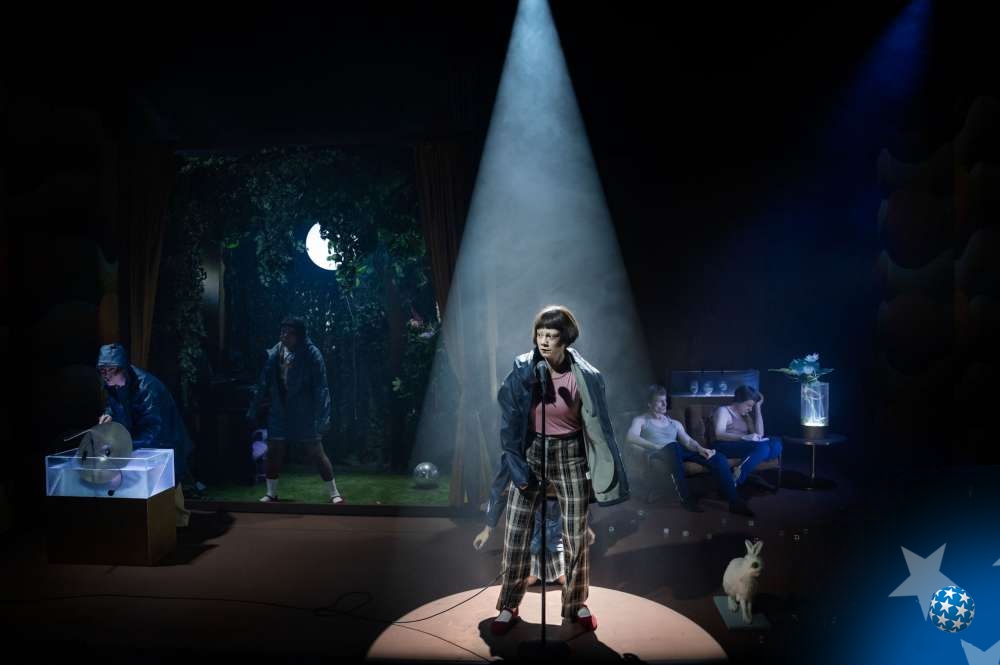
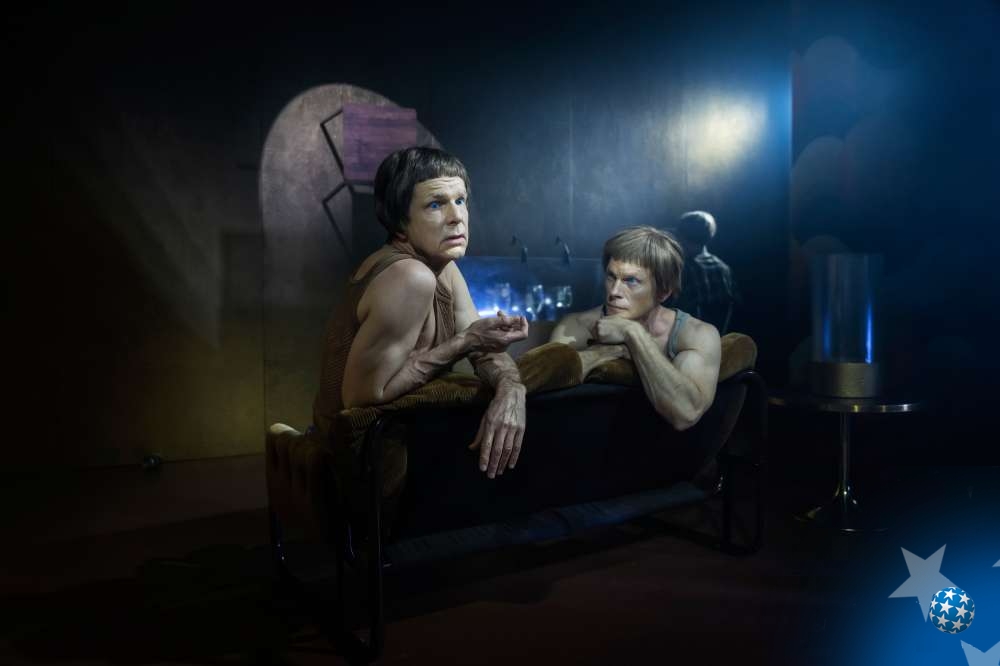
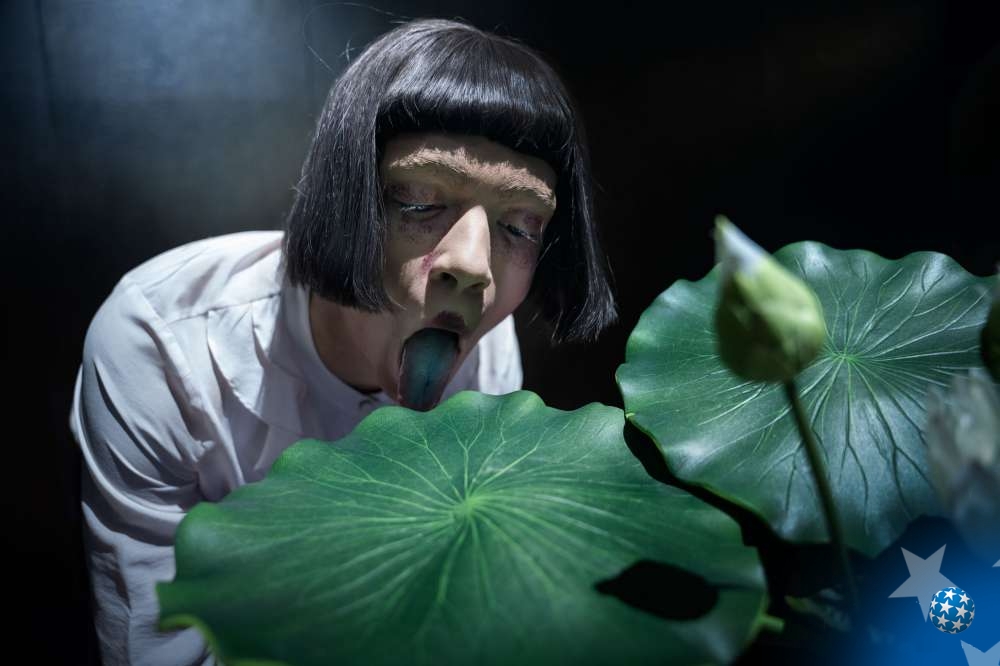
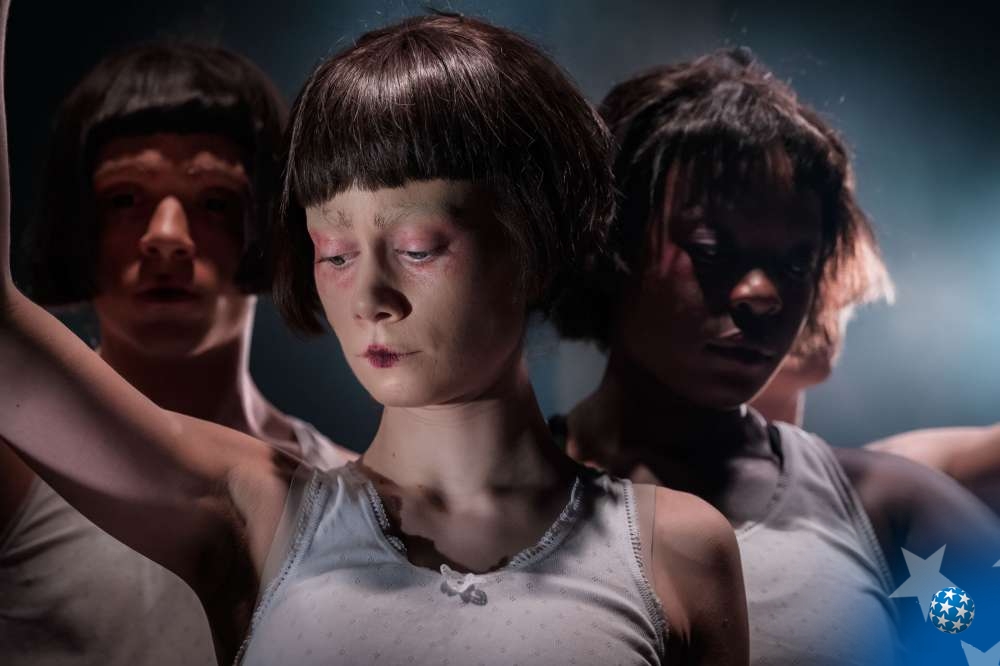
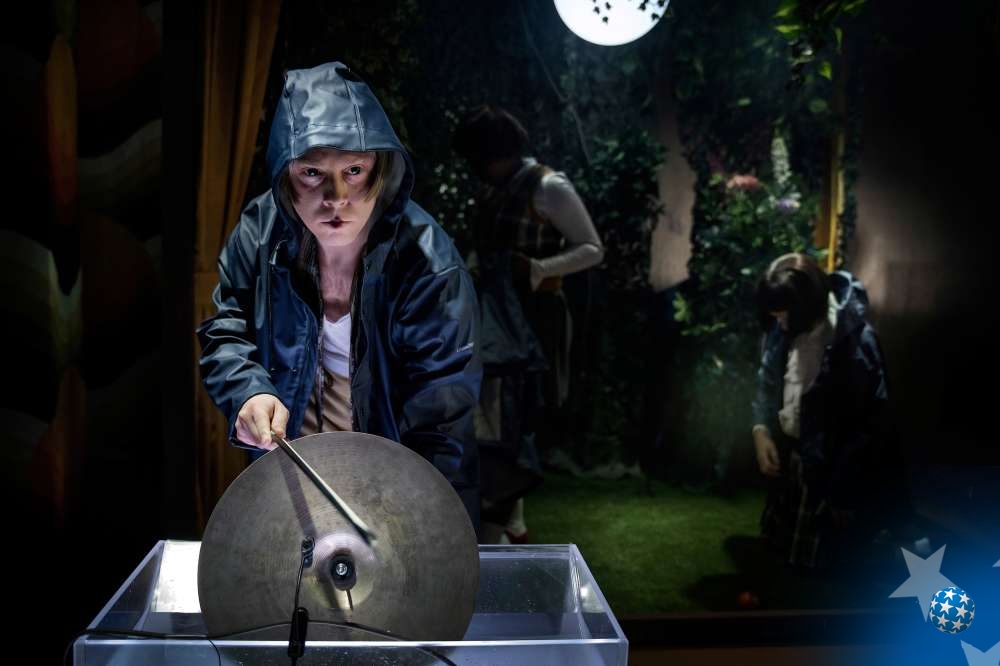
.jpg)